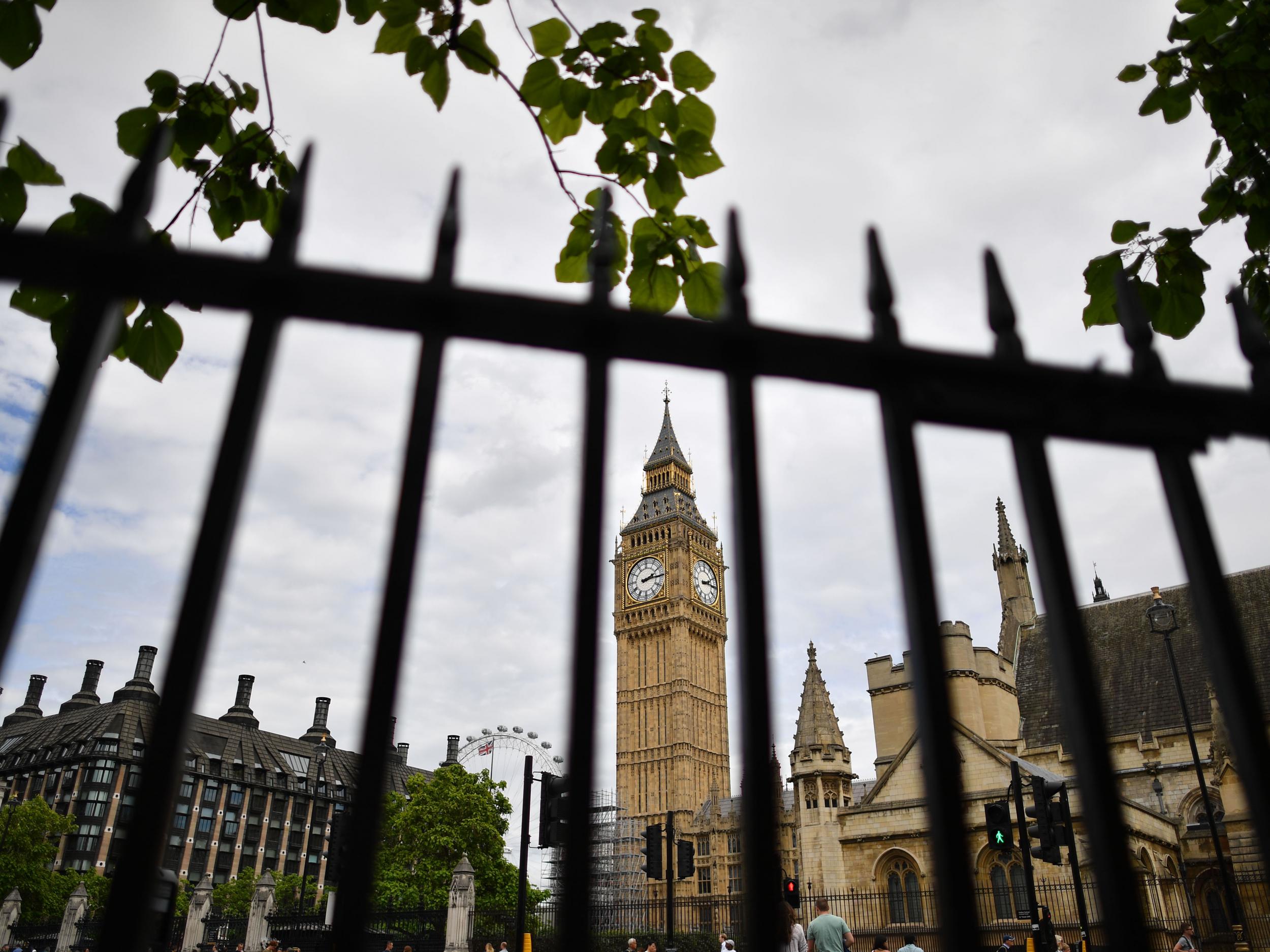Repeal Bill: 1,000 'corrections' to EU law will be made without MPs necessarily voting on them
Huge number of 'statutory instruments' – some under so-called 'Henry VIII powers' – will heighten suspicions of a Government power grab

Your support helps us to tell the story
From reproductive rights to climate change to Big Tech, The Independent is on the ground when the story is developing. Whether it's investigating the financials of Elon Musk's pro-Trump PAC or producing our latest documentary, 'The A Word', which shines a light on the American women fighting for reproductive rights, we know how important it is to parse out the facts from the messaging.
At such a critical moment in US history, we need reporters on the ground. Your donation allows us to keep sending journalists to speak to both sides of the story.
The Independent is trusted by Americans across the entire political spectrum. And unlike many other quality news outlets, we choose not to lock Americans out of our reporting and analysis with paywalls. We believe quality journalism should be available to everyone, paid for by those who can afford it.
Your support makes all the difference.A staggering 1,000 “corrections” to EU law will be made without MPs necessarily voting on them, through the controversial “Repeal Bill”.
The vast number of “statutory instruments” to be passed – some under so-called “Henry VIII powers” – will heighten suspicions of a Government power grab.
The legislation will also switch across up to 20,000 EU regulations into UK law to prepare for departure day when Brexit is completed in March 2019.
The Bill will eventually have to be published in print, officials acknowledge – although they are declining to say how big it will be, or how much it might weigh.
The scale of the task ahead emerged as Labour tightened the screw on Theresa May by vowing to vote against the legislation in just three months’ time – unless she makes dramatic changes.
Labour is demanding it includes full protection of rights for British workers and consumers, of environmental standards and the devolution of powers across the country.
Unusually, the Opposition will not give the Government the opportunity to make changes between second and third reading – bringing forward the flashpoint to October.
Much of the criticism focuses on the vast use of Henry VIII powers, so-called because they date back to a 1539 law allowing the Tudor monarch to govern by proclamation.
The Government will insist that the “corrections” will only change EU law where that is necessary for it to be incorporated successfully onto the UK statute book.
However, they will admit there are no specific restrictions in the legislation to prevent ministers also changing aspects of law they “do not like”.
Between 800 and 1,000 statutory instruments are expected, with MPs to be offered a vote on only some of them.
The Repeal Bill, technically called The European Union (Withdrawal) Bill, will convert EU law before Brexit is completed in 2019, allowing the Government to propose which bits should be retained or junked.
The Bill does include a “sunset clause” for the Henry VIII powers, which means they must fall two years after Britain’s exit date.
It puts the Government on a collision course with Labour and the Liberal Democrats, by insisting the EU Charter of Fundamental Rights will not be incorporated into UK law.
Ministers insist that would serve no purpose, because the Charter merely brings together existing EU rights – which will be incorporated – rather than creating new ones.
But it appears to guarantee Labour will vote against the Bill, because the Opposition has made the issue one of six key tests for its support.
And Tim Farron, the Lib Dem leader, said: “I cannot understand what issue the government have with it [the Charter].
“Is it the right to life, the ban on torture, protection against slavery, the right to a fair trial, respect for privacy, freedom of thought and religion, free speech and peaceful protest?”
The legislation also confirms that the approval of the Scottish Parliament will be required, through a legislative consent motion – handing some power to Holyrood.
Both the Scottish and Welsh governments immediately said they could not recommend that consent be given as the Bill stands.
In a joint statement, first ministers Nicola Sturgeon and Carwyn Jones described it as a “naked power-grab” that undermined the principles of devolution.
Join our commenting forum
Join thought-provoking conversations, follow other Independent readers and see their replies
Comments